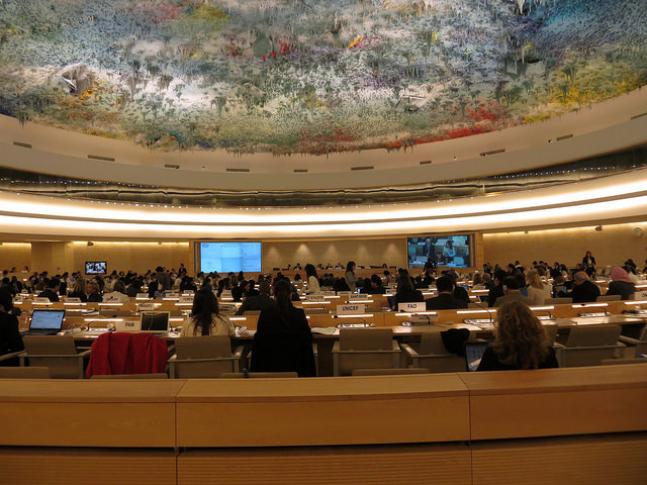
The latest report of the Special Rapporteur on the promotion and protection of the right to freedom of opinion and expression, David Kaye, presented in June 2017 to the UN Human Rights Council, focused on the role of digital access providers in ensuring the provision of human rights, with a particular focus on private actors’ responsibilities and the inclusion of these responsibilities in the current legal framework.
In previous years, the Special Rapporteur and his predecessor have focused reports on the impact of surveillance and on communications encryption and anonymity. The topic chosen and the approach adopted by Special Rapporteur Kaye were welcomed by almost all member states, which recognised the growing importance of online freedom of expression and repeatedly stated the need to treat offline and online rights on an equal footing. Notable exceptions included the Russian Federation, which regretted the Special Rapporteur’s decision to focus on issues that “only by a long stretch can be considered to be part of the rapporteur’s mandate,” and Egypt, lamenting the aspiration to “force a human rights approach on technical matters beyond the mandate of the rapporteur and of the council.”
Although many states acknowledged the particular role acquired by private actors in the field, their approaches to the matter varied. It is to be noted, however, that a great number of countries barely addressed both of the aspects highlighted by Mr. Kaye’s report, focusing instead on country reports and offline violations of freedom of expression and opinion.
This summary will try to synthesise countries’ positions on areas of controversy. In line with the Special Rapporteur’s thematic reporting, the topics addressed will be necessary and proportionate standards in case of restrictions of freedom of expression online; network shutdowns; and private sector responsibilities, state regulation and state-business interplay. National reporting and call-outs to states will be addressed subsequently.